
Poll Recap: Colic Surgery Experiences
Most voters–421, or 73%–indicated they’ve never taken a horse to colic surgery.


Most voters–421, or 73%–indicated they’ve never taken a horse to colic surgery.

Learn how vets can treat sick foals effectively without adding to the antibiotic-resistant bacteria problem.
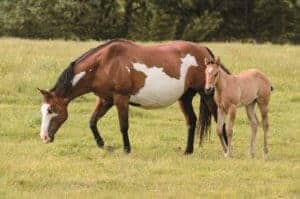
Times are changing when it comes to parasite control. Learn how to control parasites in broodmares and foals.
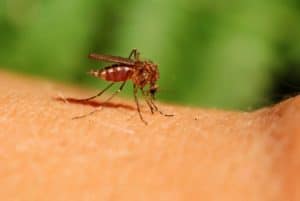
This is the first equine West Nile virus case in Virginia this year; Kentucky’s case total rises to three.
Over the years I’ve cared for dozens of so-called “old” horses, and one of the most interesting things to me has always been how differently

The Kentucky Equine Survey results open the door for new health surveillance and disease mitigating measures.
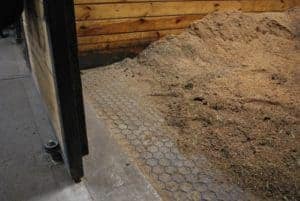
Of the 1,013 voters, 581 (57%) indicated they use shavings or wood chips in their horses’ stalls.

Some veterinarians now believe that metabolic diseases likely have a negative impact on equine reproduction.

According to data from the U.S. Department of Agriculture, 64 cases of WNV have been confirmed in 23 states.

Summer might be nearing its end, but reports of confirmed EEE cases keep rolling in.
I’m freshly back from my Puerto Rican honeymoon and thrilled to report that Dorado made it through the entire week without self-destructingÉhooray! But now it’s

Previously veterinarians had not noted significant complications with this method of estrus suppression.

An unvaccianted 10-year-old Quarter Horse mare from Hopkins County tested positive for WNV late last week.
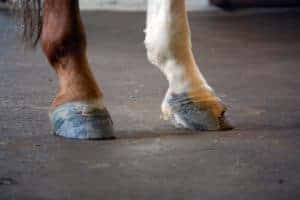
Of the 371 voters, 255 (69%) indicated they have managed a serious hoof-related issue.

Researchers are working to better understand this potentially toxic substance that can lurk in feed.
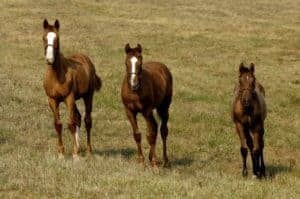
Learn about Lawsonia intracellularis and factors that could lead to EPE infection development.
Stay on top of the most recent Horse Health news with